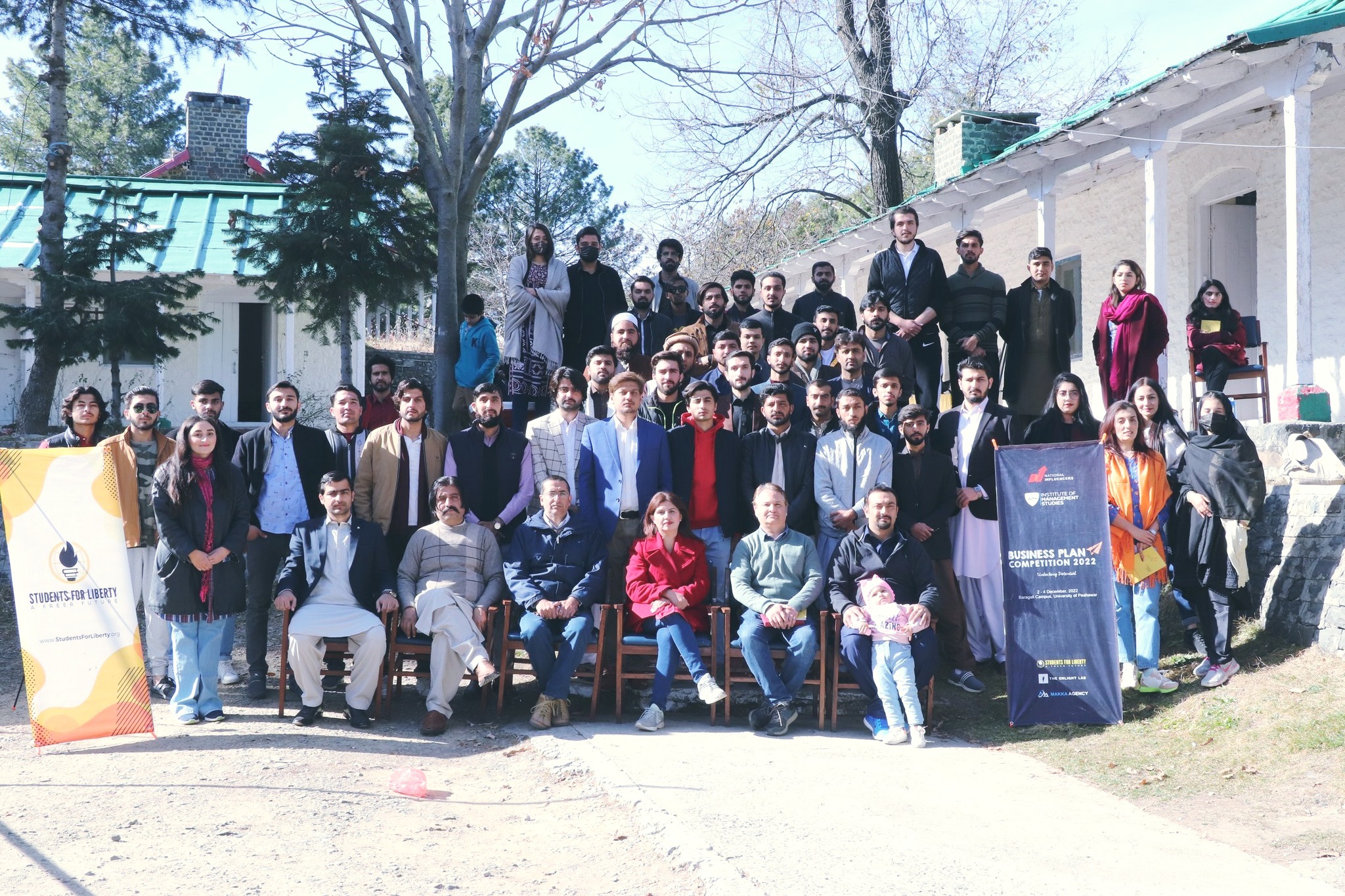By Muhammad Sulaiman
President, National Influencers
In a functioning democracy, justice is supposed to be delivered by independent courts. Judges interpret the law, ensure due process, and protect citizens from abuse of power. Yet, in Pakistan today, another form of “justice” operates quietly across the country; one that takes place outside the courtroom, led not by judges but by bureaucrats.
These bureaucrats, often Assistant Commissioners (ACs) acting as executive magistrates, conduct raids, seal shops, arrest citizens, and impose fines, frequently without affording individuals a fair opportunity to defend themselves. This system raises profound questions about justice, accountability, and the rule of law in Pakistan.
A Colonial Legacy Sustained
The concept of executive magistracy originates from British colonial rule, where administrative officials were granted judicial powers to maintain order rather than to deliver justice. Under the Criminal Procedure Code (CrPC), these officials were empowered to control dissent and enforce compliance.
Regrettably, decades after independence, Pakistan continues to maintain this colonial institution. In all provinces, including Khyber Pakhtunkhwa, executive officers still hold quasi-judicial powers that allow them to:
- Conduct raids and searches without warrants,
- Seal businesses without court authorization,
- Punish citizens through on-the-spot fines, and
- Detain individuals for up to 30 days under Section 3 of the Maintenance of Public Order (MPO).
Such discretionary powers, often exercised with minimal oversight, undermine the rule of law and create a dangerous concentration of authority within the executive branch.
The Illusion of Efficiency
Proponents argue that this system ensures “quick justice” and administrative efficiency. However, what appears efficient in the short term is deeply unjust in principle. By allowing bureaucrats to serve simultaneously as judge, jury, and enforcer, the state bypasses the judicial process and compromises citizens’ constitutional rights.
This practice violates the principles of due process, separation of powers, and accountability. It substitutes the impartiality of judicial procedure with the discretion of administrative authority—a substitution that erodes public trust and normalizes arbitrary governance.
Constitutional and Judicial Contradictions
The Eighteenth Amendment to the Constitution of Pakistan reaffirmed the independence of the judiciary and strengthened the separation of powers between the three branches of government. Articles 4, 9, and 10A guarantee the right to liberty and a fair trial to every citizen.
Yet, despite these guarantees, executive magistracy allows administrative officers to perform judicial functions—an arrangement that stands in clear contradiction to the constitutional framework.
Even the Supreme Court of Pakistan has expressed concerns over the reintroduction of magistracy, warning that it violates the basic structure of the Constitution and weakens judicial independence.
Disproportionate Impact on the Marginalized
The abuse of executive magistracy disproportionately harms those who lack influence or access to justice:
- Street vendors and small shopkeepers face arbitrary fines and confiscations.
- Youth are often punished under vague morality or nuisance laws.
- Residents of newly merged districts suffer the most, where formal courts are still developing and executive discretion fills the legal vacuum.
This pattern reflects not justice, but discretion-based governance, where punishment depends more on status than on law.
The 27th Amendment: A Step in the Wrong Direction
Recent reports suggest that the 27th Constitutional Amendment may seek to formalize or provide constitutional cover for executive magistracy. If this is true, it represents a serious regression in Pakistan’s constitutional development.
Rather than reinforcing judicial independence, such an amendment would legitimize the fusion of executive and judicial powers, undoing the progress achieved through the Eighteenth Amendment. It risks transforming temporary administrative convenience into a permanent constitutional flaw.
This proposal must be examined critically and opposed by all who believe in accountable government and the rule of law. Pakistan’s constitutional framework was designed to prevent precisely this kind of concentration of power.
Reclaiming the Principles of Justice
Pakistan must decide whether it wishes to continue a governance model rooted in colonial control and executive discretion, or to move toward a modern system based on law, fairness, and due process.
True reform lies not in empowering bureaucrats but in strengthening courts, improving access to justice, and ensuring equality before the law. The revival or protection of executive magistracy especially under the 27th Amendment would be a step backward for democracy, liberty, and the rule of law.
Executive magistracy may not make daily headlines, but it silently erodes public confidence in state institutions. It represents a form of hidden injustice, one that must be confronted openly and opposed decisively. Because in any society that values freedom, there can be no justice without a courtroom.

